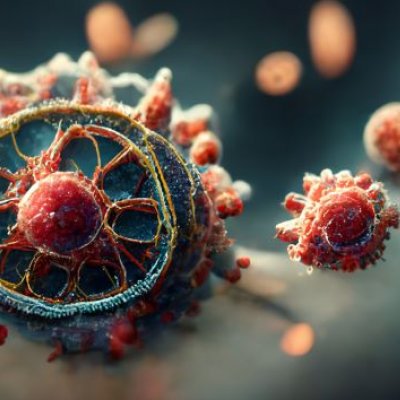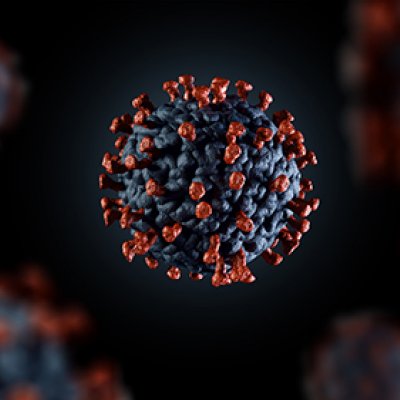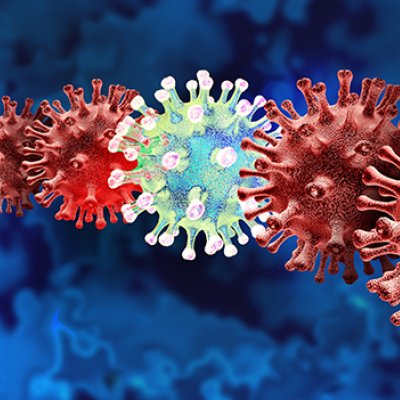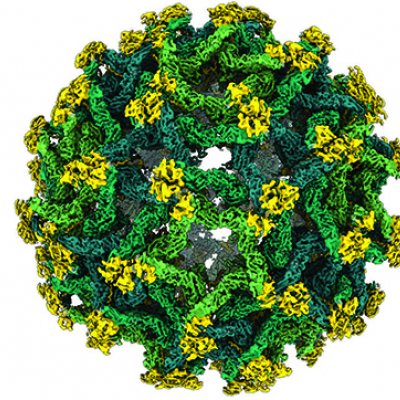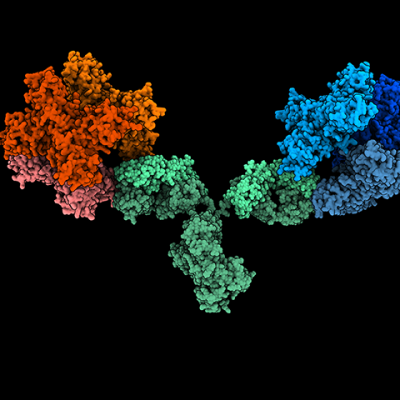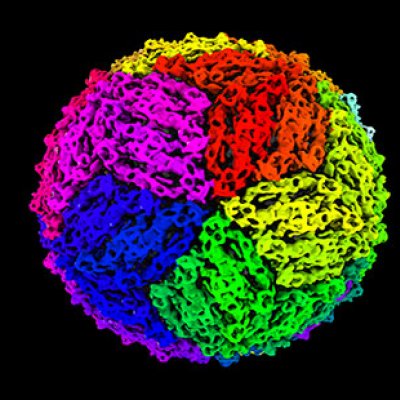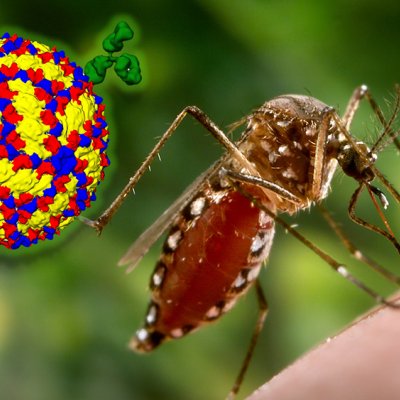Researchers have shed light on how a highly infectious virus, that has recently transferred from animals to people, is able to enter human cells.
22 June 2023Researchers from The University of Queensland have secured more than $31 million from the National Health and Medical Research Council (NHMRC) to progress life-changing health and medical research.
15 December 2022Research led by UQ has found COVID-19 activates the same inflammatory response in the brain as Parkinson’s disease.
1 November 2022The University of Queensland’s Associate Professor Dan Watterson has been awarded a $1.25 million CSL Centenary Fellowship to research accelerated pandemic treatments.
28 October 2021University of Queensland researchers are refuting claims that COVID-19 can enter a person’s DNA.
30 July 2021Variants of viruses such as that causing COVID-19 can now be quickly studied in the laboratory, even before they emerge in nature and become a major public health challenge.
9 June 2021Better designed vaccines for insect-spread viruses like dengue and Zika are likely after researchers discovered models of immature flavivirus particles were originally misinterpreted.
17 May 2021New treatments to cut the global death rate from dengue, Zika and West Nile viruses could result from research led by The University of Queensland.
8 January 2021A new technology to produce safer ‘hybrid’ viruses at high volumes for use in vaccines and diagnostics for mosquito-borne diseases has been developed at The University of Queensland.
12 December 2019Vaccines to stop the world’s next epidemic could be developed in record time under a $14.7 million partnership using technology developed at The University of Queensland.
16 January 2019Research into fighting the flu, improving outcomes for vulnerable infants, and battling kidney disease has netted almost $42 million in funding for academics from The University of Queensland.
12 December 2018Researchers have new insights into how protective antibodies attack dengue viruses, which could lead to more effective dengue fever vaccines and drug therapies.
19 December 2017